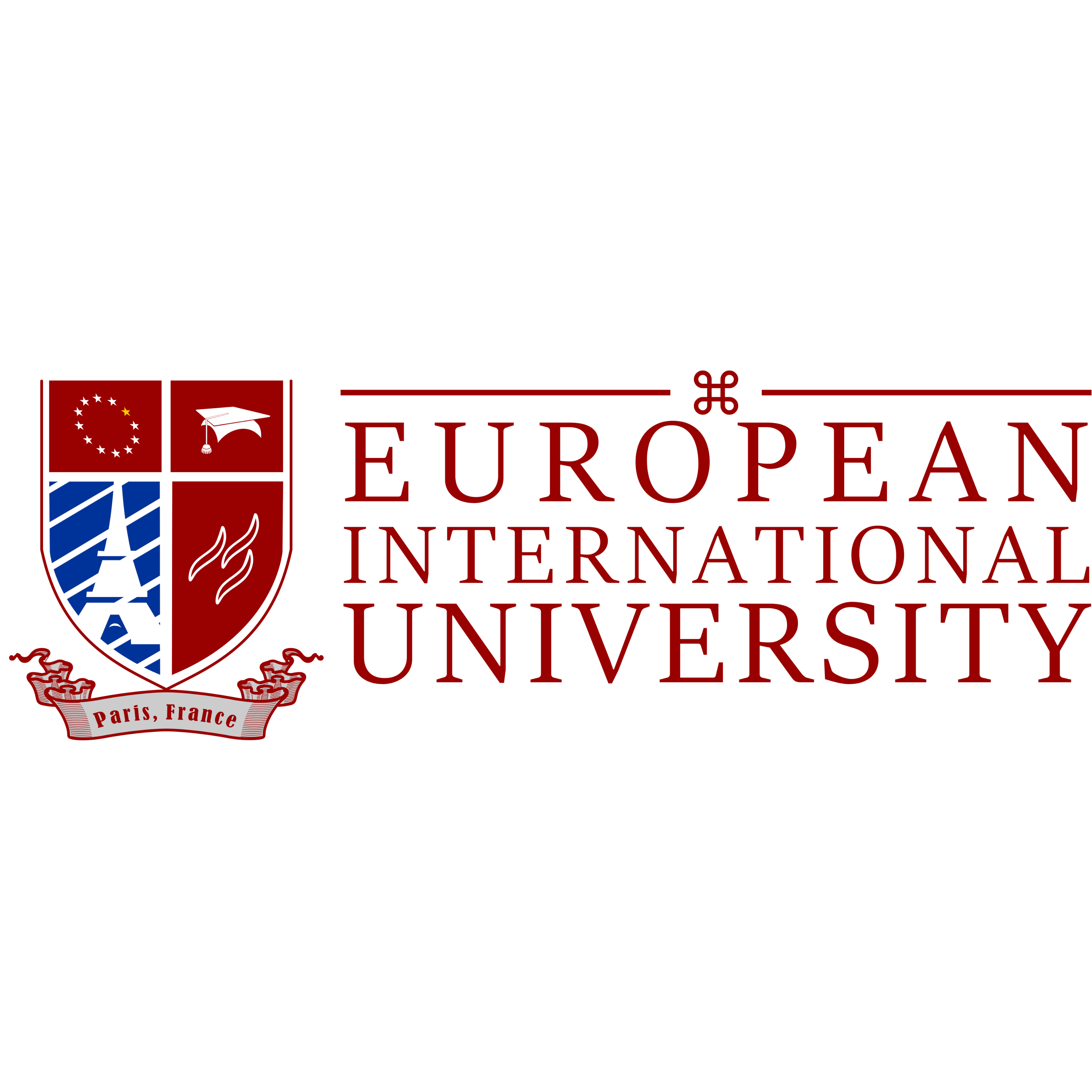
The Doctor of Psychology (Psy.D.) is a professional doctorate designed for individuals committed to practicing psychology in clinical and applied settings. Unlike a Ph.D., which emphasizes academic research, the Psy.D. program focuses on the practical application of psychological knowledge and techniques to support mental health and well-being. Through extensive training in psychotherapy, psychological assessment, and diagnostic skills, students are equipped to address a wide range of emotional, behavioral, and psychological issues.
The curriculum integrates coursework in human development, psychopathology, ethics, and cultural competency with real-world clinical training. Supervised practicum placements and internships allow students to gain hands-on experience with diverse client populations in hospitals, private clinics, schools, and community agencies. This experiential learning model prepares graduates to provide effective, evidence-based care that is empathetic and ethical.
Graduates of a Psy.D. program are eligible for licensure as clinical psychologists, allowing them to work independently in mental health services, counseling, neuropsychology, or behavioral therapy. Some may also pursue roles in academic institutions or consulting organizations focused on mental health.
The Psy.D. is ideal for those who are passionate about directly helping others and making a tangible impact in the field of mental health. It combines scientific understanding with compassionate care, ensuring that professionals are not only knowledgeable but also deeply attuned to the emotional needs of their clients.